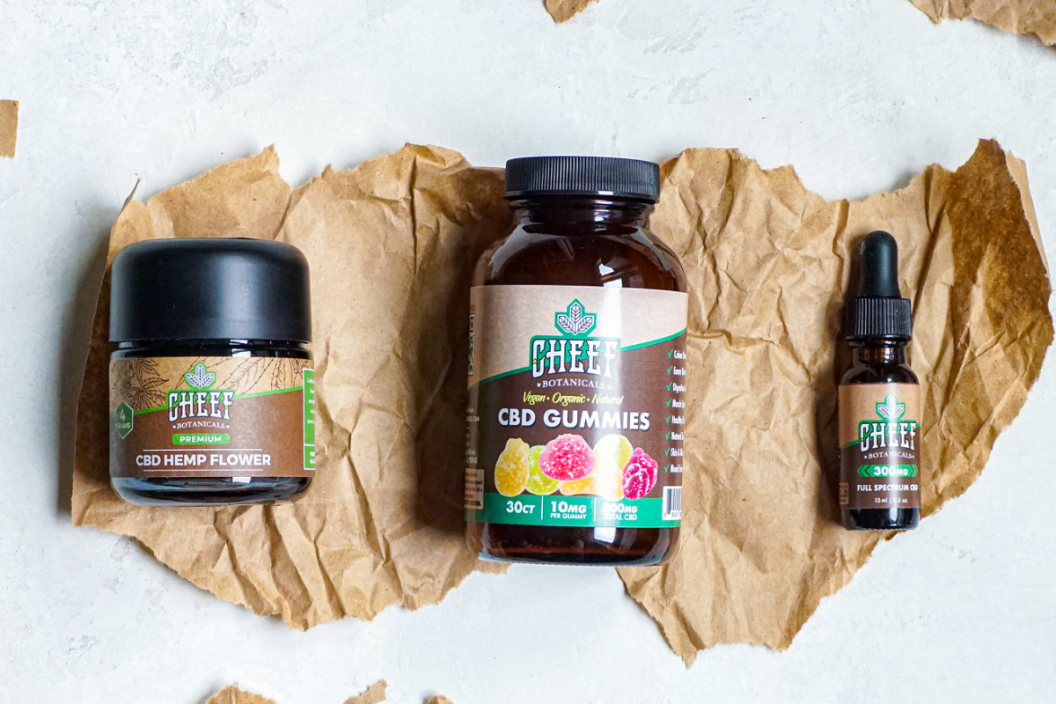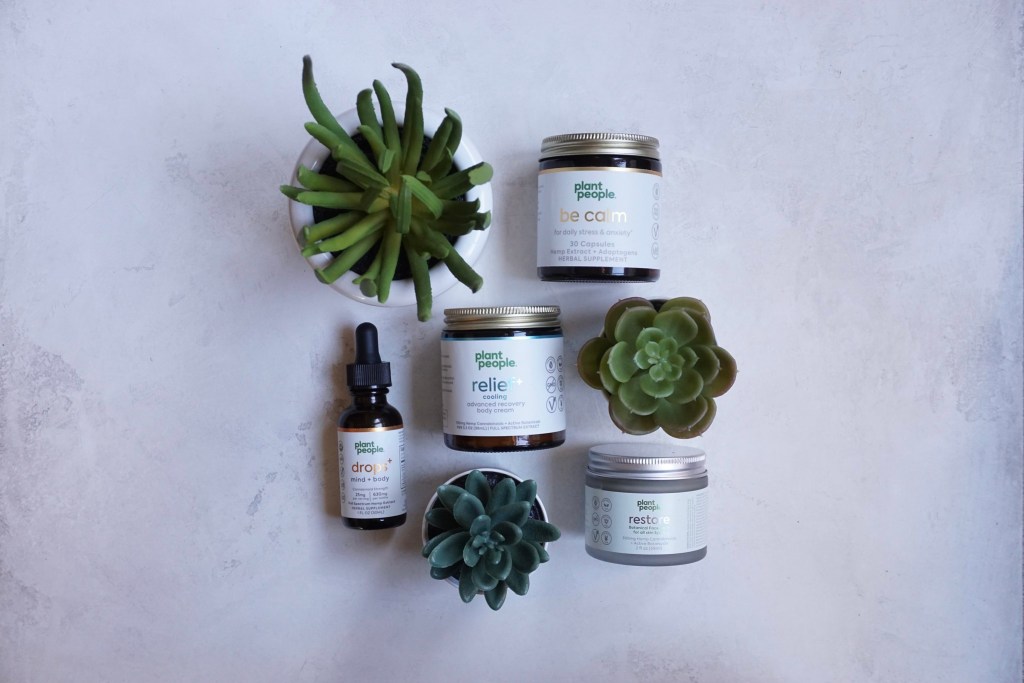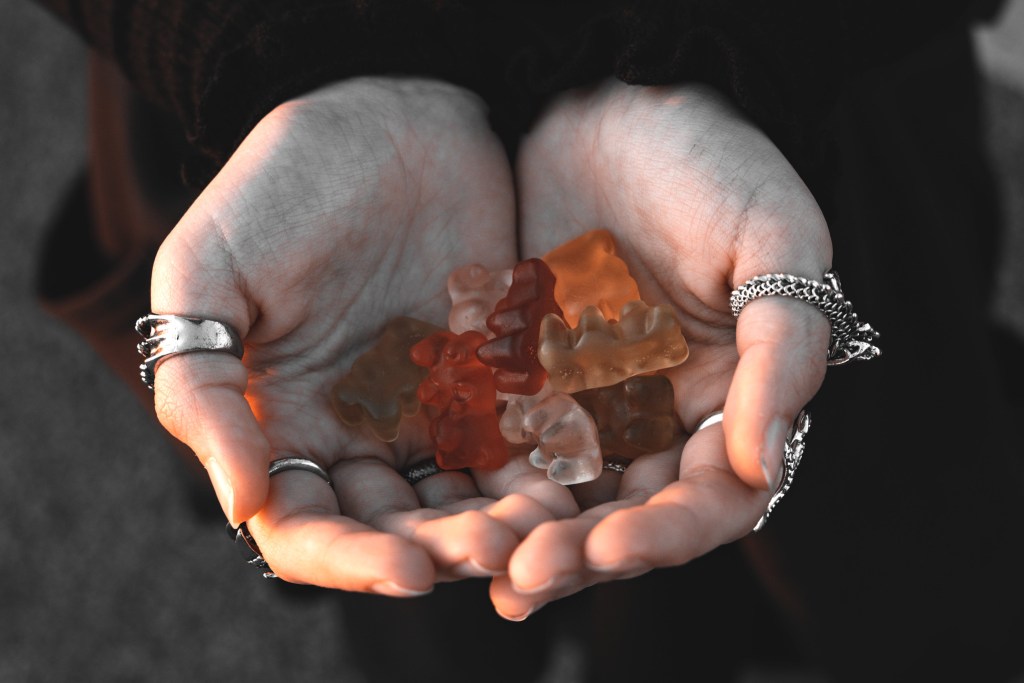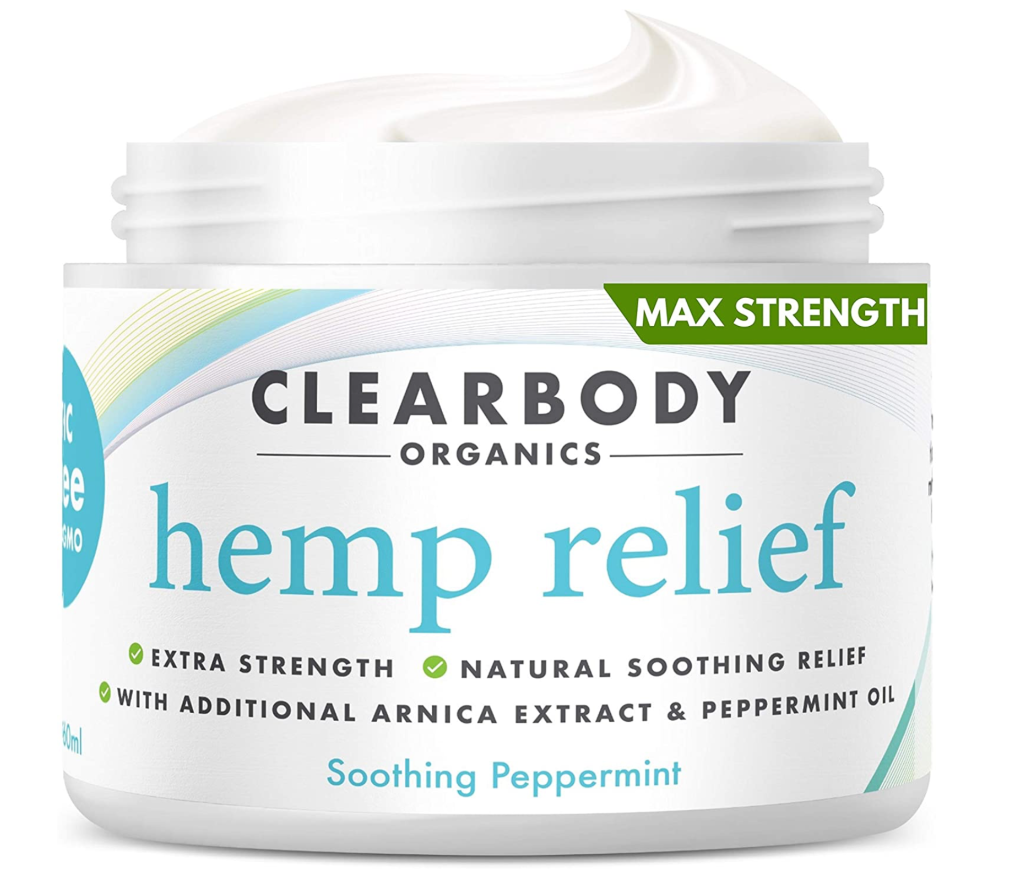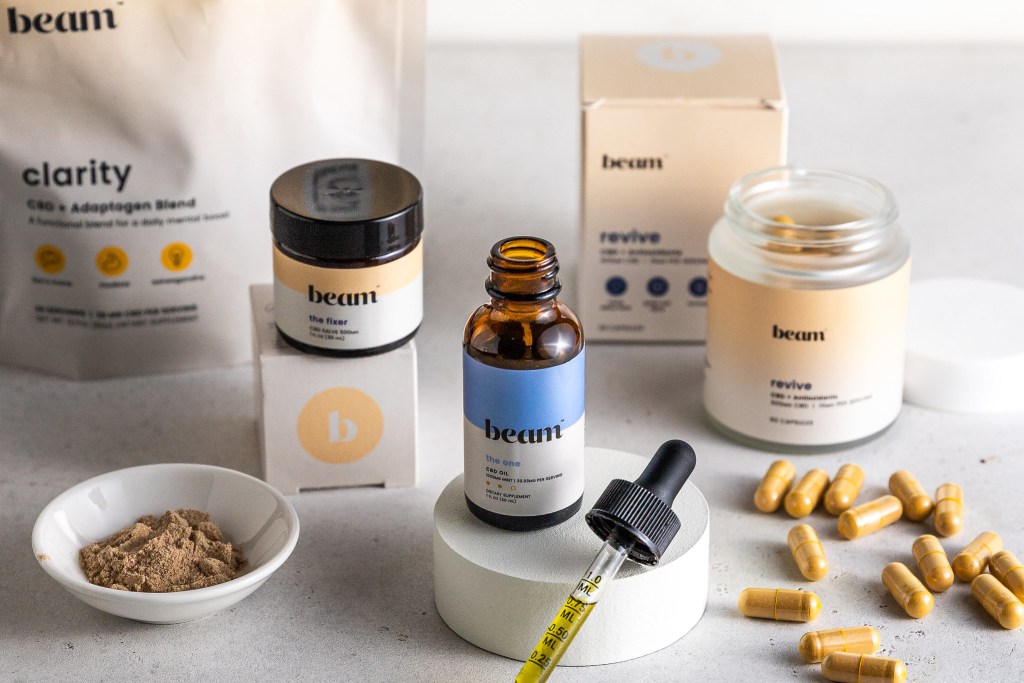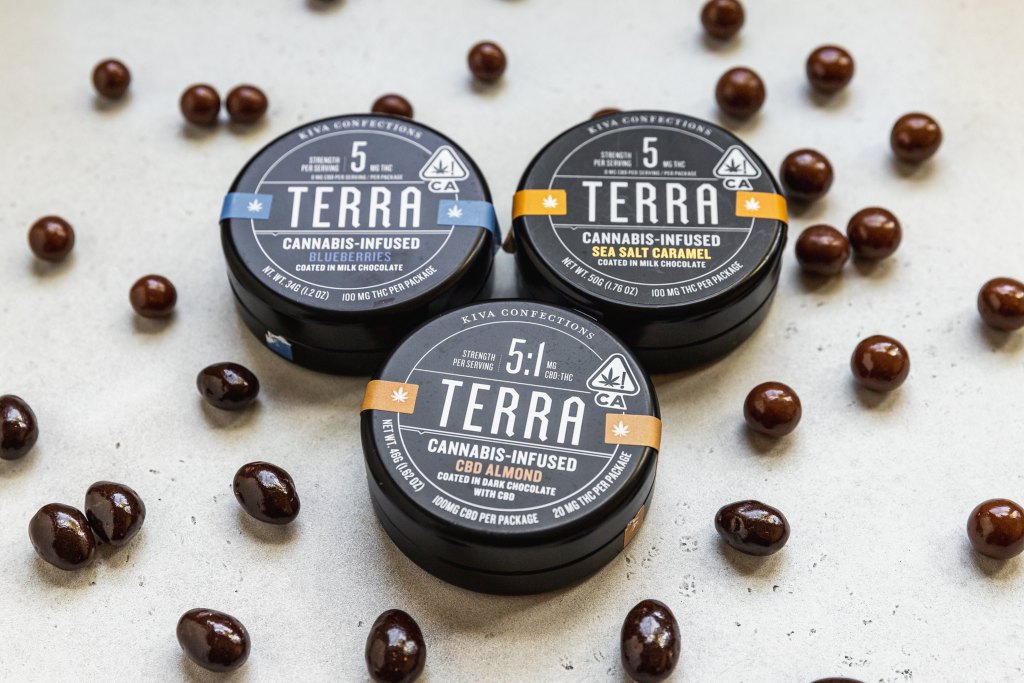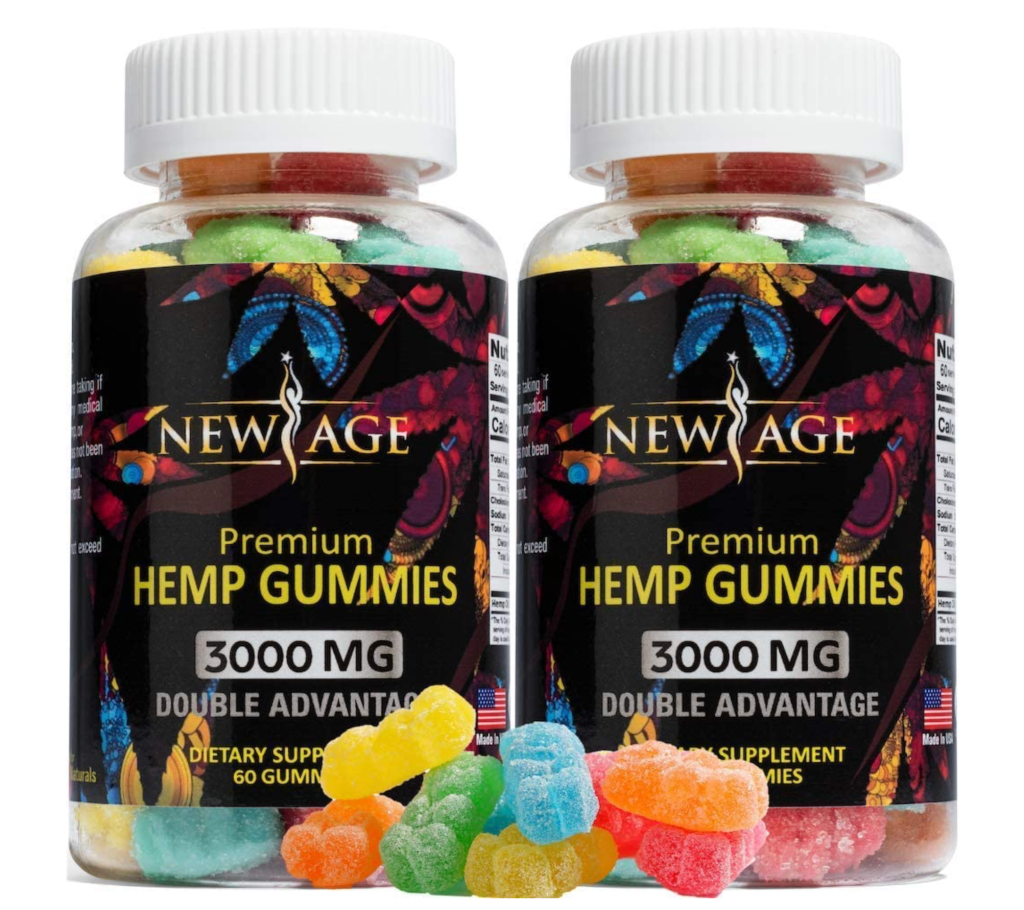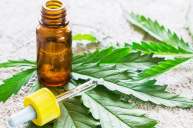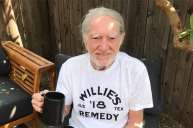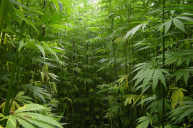Although many people associate CBD with marijuana, CBD on its own has nothing to do with getting high. CBD, or Cannabidiol, is a chemical that comes from the Cannabis sativa plant. This plant-based chemical first gained attention for its medical uses in the mid-2000s when it dramatically improved the symptoms of an infant with epilepsy. Since then, CBD has been found to treat a wide variety of physical and mental ailments. However, there are still many CBD myths and misconceptions discouraging a large number of Americans from trying this alternative medicine.
Videos by Wide Open Country
Research on CBD has been going on for over a century, but only became popular in mainstream America in the last few decades. The child who turned the tide for CBD in America was Charlotte Figi, an infant with Dravet Syndrome, a serious epileptic disorder. Her parents attempted every conventional medicine and treatment out there, all to no avail. As a last resort, they found a CBD cannabis grower and made CBD oil to treat their daughter.
This experimental treatment worked miracles for little Charlotte! Her seizures went from 300 a week to fewer than five a month. This caught the attention of the nation as a whole, changing many people's perspectives on CBD and cannabis and opening the door to trying this substance for a wide variety of ailments.
There are many CBD products to choose from, like CBD oil, gummies, lotions, tinctures and more, all created to treat a wide variety of medical issues. It has been shown to help Parkinson's disease, MS, Crohn disease, chronic pain, epilepsy, and many other disorders. As for mental health, CBD can decrease anxiety and help with insomnia
Here are 10 CBD myths to debunk so that everyone can enjoy the benefits of CBD!
Myth #1: CBD Gets You High
The Cannabis sativa plant has over 80 chemicals, called cannabinoids. The most well-known of these is Delta-9-tetrahydrocannabinol, or THC. THC is the chemical used to cause a "high" or create a state of euphoria. Marijuana comes from cannabis plants with very high concentrations of THC. CBD, on the other hand, comes from hemp, which is kind of Cannabis sativa plant that has very small amounts of THC.
Because of this, CBD doesn't have the same effects on the brain as THC, and doesn't actually cause any psychoactive effects. It will likely help with relaxation and calm your anxiety, but CBD products won't get you high.
Myth #2: CBD Is A Scam
Many people question CBD as a marketing ploy or scam, saying that it doesn't actually have any medical properties. This common myth prevents those on the fence from giving CBD products a try.
However, there is scientific evidence that CBD can help with a number of health conditions! Science has shown that our body produces substances that are similar to the chemicals in Cannabis plants. The cannabinoids in CBD products bind with receptors in your brain, triggering reactions within your body and causing beneficial effects. CBD has been shown to treat inflammation, chronic pain, neuropathic pain, headaches, drug addiction, high blood pressure, anxiety, depression, PTSD and insomnia.
Along with this, the US Food and Drug Administration (FDA) approved a CBD medicine called Epidiolex to treat epilepsy. This is the first CBD-based medication to gain FDA and World Health Organization (WHO) approval, hopefully opening the doors to more CBD-based medications to come.
Myth #3: CBD Has No Side Effects
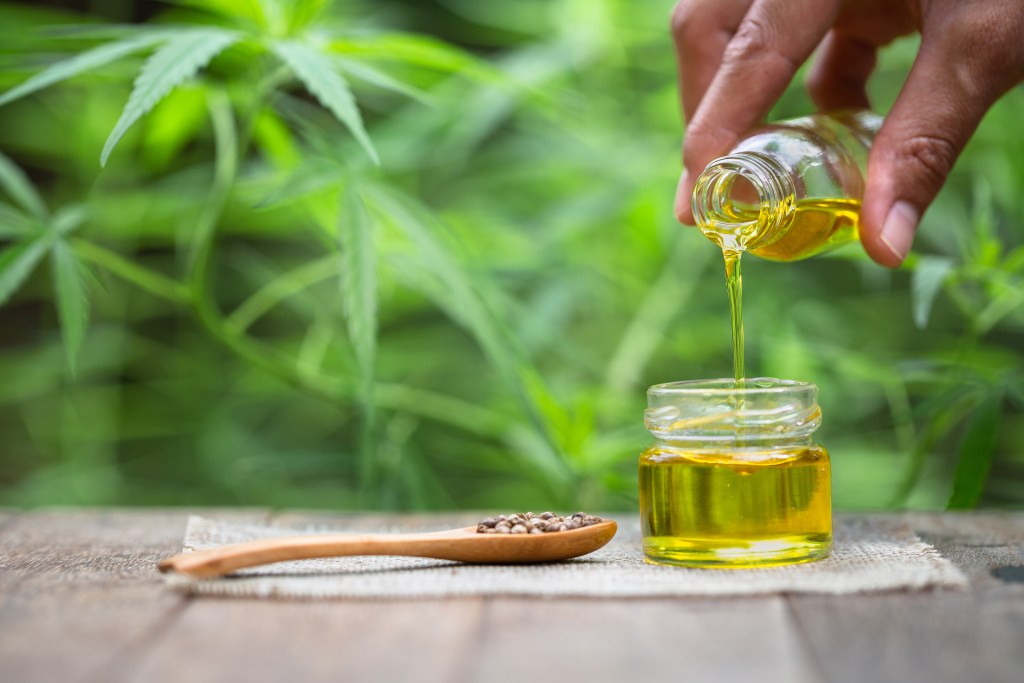
Getty Images/Tinnakorn Jorruang
CBD is often considered safe from side effects. However, some common side effects of CBD are dry mouth, diarrhea, reduced appetite, drowsiness and fatigue.
It has also been shown to interact with certain medications, affecting the way your body metabolizes them. Because of this, it's best to try CBD with the guidance of a physician. This can help you choose a safe dose of CBD and ensure that it won't interact negatively with any medications you're already on.
Myth #4: You Can Take CBD And Pass a Drug Test
Unfortunately, although CBD can be used for purely medical purposes, it might still cause you to fail a drug test. Even though CBD doesn't have the intoxicating effects of THC and marijuana, full spectrum CBD products do have small amounts of THC in them. This means that using CBD can lead you to fail a drug test, depending on the CBD product used and the drug test's requirements.
Myth #5: CBD Didn't Work For Me, So It Must Not Work
Like many medicines and treatments, CBD doesn't work for everyone. It depends on the person, what you're treating, the CBD product used, and the dosage. One of the most important aspects to consider is whether you have a condition that CBD has been shown to help. If so, it's still essential to find the right CBD product, from topical options like oil and lotion to oral ones like gummies and tinctures.
Once you've found the right product with the help of a physician, you need to figure out the right dose. It's generally recommended to start small and go slow when increasing dosage. However, some conditions will need larger doses for treatment, like intense pain or severe anxiety.
Overall, CBD is just like other treatments in that it may not work for everyone. For instance, Tylenol might fully cure one person's headache, while it does nothing for another person who needs a combination of cold compresses, caffeine and rest to cure their headache. However, this doesn't mean that Tylenol is an ineffective medication!
Myth #6: If Marijuana is Legal in my State, CBD is Too
The legal aspect of CBD products can get confusing, since it's a state-by-state issue. Federal law states that marijuana is illegal, so CBD products that come from marijuana plants are still illegal in some places. However, since hemp was legalized in 2018, CBD products that come from hemp are indeed legal.
It's important to check if CBD is legal in your state before buying! Discover Magazine explains how.
Myth #7: CBD Is Addictive
This is one of the most damaging CBD myths, since it contributes greatly to the stigma surrounding CBD products. In a report on CBD, the World Health Organization (WHO) confirmed that CBD is not addictive, saying "In humans, CBD exhibits no effects indicative of any abuse or dependence potential."
Based on medical finding, CBD is not addictive and can be taken to treat medical conditions with no potential for causing addictions. In fact, it's been used to treat addictions to cigarettes and opioids.
Myth #8: CBD Is Dangerous
There are many safety concerns surrounding CBD and its uses that are based on misinformation. As explained in myth #7, CBD has no addictive effects and can be taken with no risk of causing dependence. It also has been deemed by WHO to have no major side effects. (Although there are a few minor ones listed in Myth #3).
Along with this, WHO has confirmed that even in extremely large doses, CBD is not lethal. While there can be unpleasant side effects like nausea and extreme drowsiness from a "toxic" dose of CBD, it can't kill you. Plus, to ingest a "toxic" amount, which is considered 20,000 mg, you'd need to drink anywhere from 13 to 200 bottles of tincture all at once.
To affirm the safety of this plant-based medicine, the World Anti Doping Agency removed CBD from its list of banned substances, meaning that athletes can use CBD. As long as you're using doses recommended by a physician and you've ensured that CBD doesn't interact with any medications you're already on, CBD is completely safe to take.
Myth #9: CBD Oil is The Same As Hemp Seed Oil
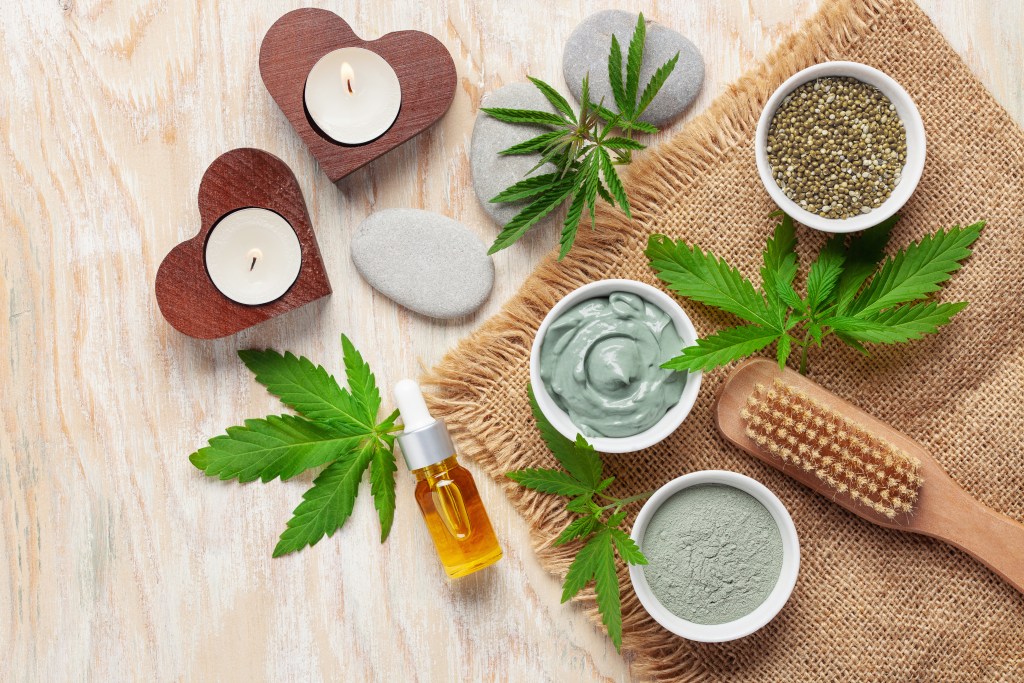
Getty Images/MurzikNata
Although hemp seed oil and CBD oil originate from the same plant, hemp, they are different substances. CBD oil comes from the leaves, stalks and flowers of hemp. Hemp seed oil, on the other hand, comes from the seeds. The seeds have nutrients, vitamins and minerals with health benefits, but they contain essentially no CBD. Therefore, you can't use hemp seed oil to treat your physical or mental ailments in place of CBD.
Myth #10: All CBD is The Same
As easy as it would be to head to the store or dispensary and choose the CBD product that looks the best, there's a range in different kinds of CBD. There are two types of CBD: full spectrum CBD and CBD isolate. Full spectrum CBD has other cannabinoids in it, which are the chemicals found in Cannabis plants. CBD isolate, or pure CBD, is separated from all other cannabinoids.
Along with this, there are many different ways to take CBD, from gummies, to lotions to oils to tinctures. It's important to do research and talk to your physician to figure out which is best for you!
